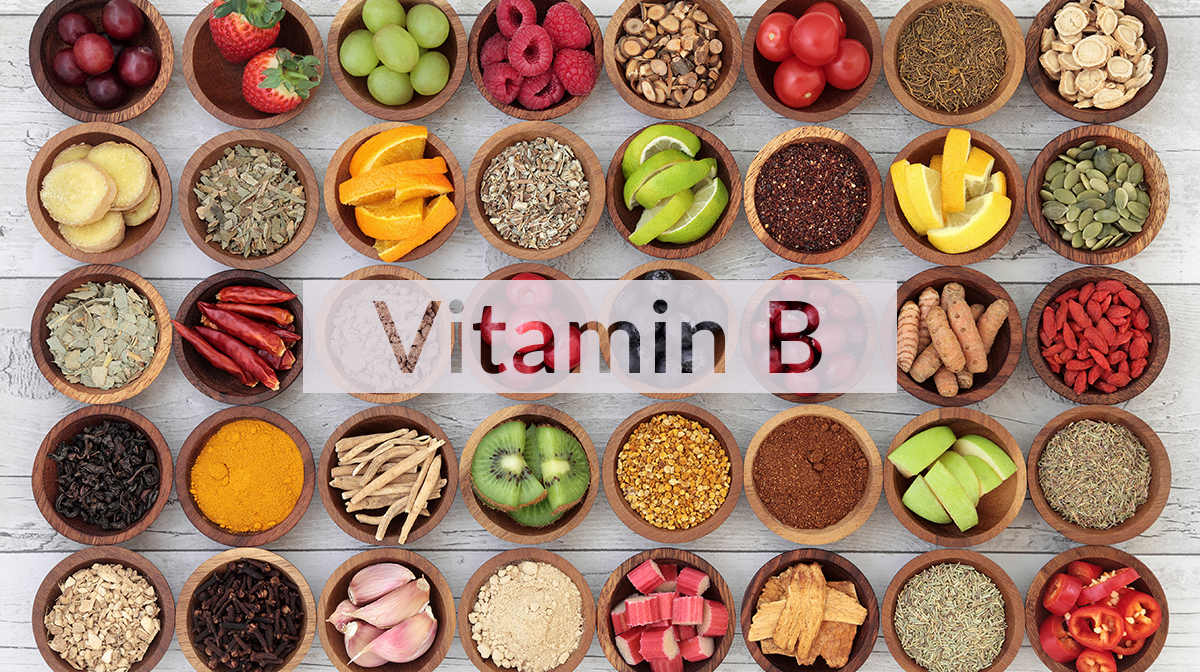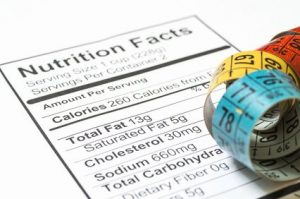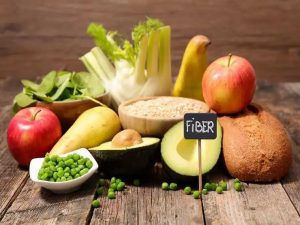Vitamin B is more often referred to today as the B vitamins to better relate that it is actually a group of 8 different vitamins, with varying functions and sources. B vitamins, like vitamin C, are water soluble, which means that extra levels of B vitamins are excreted by the body, though small amounts are stored in the liver and toxicity, while rare, is possible.
Most people will recognize many of the B vitamins by name.
The B-complex vitamins include B1, B2, B3, B5, B6, B7, B9 and B12.
- B1 (thiamine): Thiamine plays an essential role in metabolism by helping convert nutrients into energy. The richest food sources: pork, sunflower seeds and wheat germ
- B2 (riboflavin): Riboflavin helps convert food into energy and also acts as an antioxidant. The richest food sources: organ meats, beef and mushrooms
- B3 (niacin): Niacin plays a role in cellular signaling, metabolism and DNA production and repair. The richest food sources: chicken, tuna and lentils
- B5 (pantothenic acid): Like other B vitamins, pantothenic acid helps your body obtain energy from food and is also involved in hormone and cholesterol production. The richest food sources: Liver, fish, yogurt and avocado.
- B6 (pyridoxine): Pyridoxine is involved in amino acid metabolism, red blood cell production and the creation of neurotransmitters.The richest food sources: chickpeas, salmon and potatoes
- B7 (biotin): Biotin is essential for carbohydrate and fat metabolism and regulates gene expression. The richest food sources:Yeast, eggs, salmon, cheese and liver
- B9 (folate): Folate is needed for cell growth, amino acid metabolism, the formation of red and white blood cells and proper cell division.The richest food sources: leafy greens, liver and beans or in supplements as folic acid
- B12 (cobalamin): Perhaps the most well-known of all the B vitamins, B12 is vital for neurological function, DNA production and red blood cell development. B12 is found naturally in animal sources like meats, eggs, seafood and dairy
The B vitamins serve many functions in the body, including the breakdown of different kinds of foods into energy, maintenance and protection of the nervous system, production of blood cells, and maintenance of healthy skin.
Deficiencies of most B vitamins are rare, because they are found in many different food sources. While sources abound though, deficiencies can exist if someone has a condition that affects their ability to absorb or use B vitamins. Whole grain breads and cereals contain thiamine, riboflavin, pyridoxine, pantothenic acid and folic acid. Milk contains riboflavin, niacin, and vitamin B12 (cyanocobalamin). Foods with lots of protein like eggs and meats contain B vitamins, especially red and organ meats.
Alcoholics, along with being susceptible to many other health problems, can be vulnerable to thiamine deficiency, also known as beriberi. Alcohol prevents the body from properly absorbing thiamine and many alcoholics also do not eat otherwise healthy diets, so they are doubly prone to lacking this and other vitamins.
Riboflavin is very active in the maintenance of skin and other tissues, so deficiency of this vitamin can cause skin lesions and dermatitis. There has been a lot in the news in the past couple of years about the importance of folic acid for women of child bearing age. Women who have adequate levels of folic acid when they get pregnant are less likely to have babies with neural tube defects. The folic acid must be present before pregnancy because these types of birth defects occur in the first weeks of pregnancy, and oftentimes women will not even know they are pregnant yet.
You may have heard of people getting B12 shots because of a deficiency of this vitamin called pernicious anemia. This occurs particularly in people over 60, because as we age, our stomachs have less ability to produce the substance intrinsic factor, which must combine with B12 taken through food or oral supplements in order to be absorbed by the body.
The most common B deficiency is B12.
Which have the following symptoms:
- strange sensations, numbness, or tingling in the hands, legs, or feet.
- difficulty walking (staggering, balance problems)
- anemia.
- a swollen, inflamed tongue.
- difficulty thinking and reasoning (cognitive difficulties), or memory loss.
- weakness.
- fatigue
Ensuring all your levels of B vitamins are at their optimal level will keep your body functioning at it’s best, making you feel good from the inside out.

















Be First to Comment